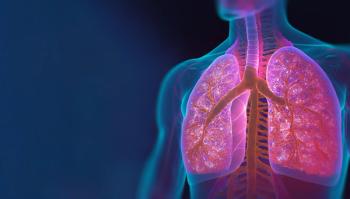
Zongertinib promises significant advancements in patient care.

Zongertinib promises significant advancements in patient care.

New research reveals that women on beta-blockers post-heart attack face a 45% higher risk of serious health issues compared with men.

Women using depot medroxyprogesterone acetate face a significantly higher risk of meningioma, especially with long-term use or starting after age 31.

Subcutaneous bortezomib shows fewer adverse effects in multiple myeloma treatment compared with intravenous administration, enhancing patient outcomes.

Rilzabrutinib gained FDA approval as the first BTK inhibitor for chronic immune thrombocytopenia, offering new hope for patients with persistent symptoms.

Explore the impact of the Inflation Reduction Act on community oncology practices and discover how new legislation aims to protect patient access to care.

Abemaciclib enhances overall survival in high-risk HR+, HER2– early breast cancer, establishing its role as a standard adjuvant therapy.

Drug shortages challenge US health care, driven by systemic issues like low pricing and manufacturing concentration, impacting patient care and safety.
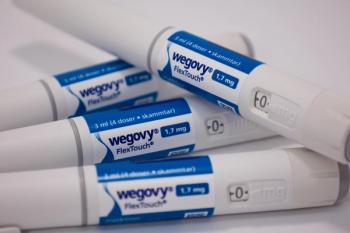
GLP-1 receptor agonists like semaglutide show promise in reducing obesity-related cancer risks, while highlighting the need for ongoing safety monitoring.

Pharmacists play crucial roles in opioid use disorder treatment.

The new data highlight how dietary changes could fuel Alzheimer- and dementia-related mechanisms.

A patient, who formerly had previously been treated with CAR therapy for multiple myeloma, achieved remission for both multiple myeloma and lymphoma.
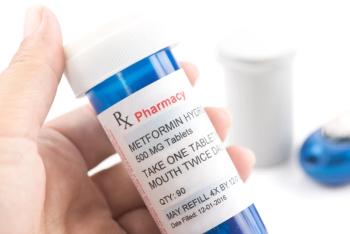
The study results could help bolster metformin as a potentially attractive option for patients with HER2-positive breast cancer.

The "farm effect" is a term researchers use to describe the protective impact of growing up on traditional farms—especially around livestock, barns, and raw farm environments—on the development of allergies and asthma.
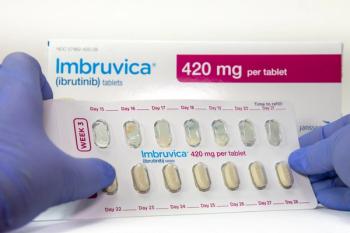
Ibrutinib combined with venetoclax significantly improved measurable residual disease and progression-free survival in patients with chronic lymphocytic leukemia.
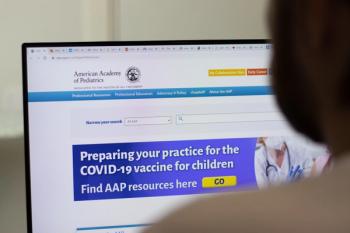
The AAP unveiled its 2025 immunization schedule, challenging CDC guidelines and emphasizing evidence-based vaccine recommendations for children's health.

Research reveals that clinical stage significantly influences survival rates in HER2-positive breast cancer patients undergoing neoadjuvant chemotherapy.

New research reveals that immunoglobulin replacement therapy fails to lower infection-related hospitalizations in those with chronic lymphocytic leukemia (CLL), raising treatment concerns.

Christopher Lis, senior director at JD Power, shared key insights about the report and what the pharmacy landscape currently looks like.

New research uncovers the complex tumor microenvironment in multiple myeloma, revealing unique plasma cell ecosystems that challenge existing treatment approaches.


Morgan Cantley, PharmD, BCOP, shares key insights about the HER2-targeting antibody-drug conjugate trastuzumab deruxtecan.
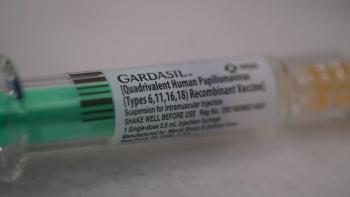
Many adults remain unaware of HPV's cancer risks, highlighting the urgent need for increased awareness.

Acalabrutinib shows improved safety and survival rates in chronic lymphocytic leukemia (CLL), reducing risks of mortality and cardiovascular complications.

Elicio Therapeutics' ELI-002 2P cancer vaccine shows promising survival benefits in patients with pancreatic and colorectal cancer, enhancing immune responses.

TAR-200 shows promise in treating BCG-unresponsive bladder cancer, achieving 82% tumor elimination and offering new hope for patients.

The JD Power 2025 US Pharmacy Study reveals rising satisfaction with mail-order pharmacies and supermarkets, driving a shift in prescription fulfillment preferences.

Brensocatib emerges as the first FDA-approved treatment for non-cystic fibrosis bronchiectasis, revolutionizing care and targeting chronic inflammation.
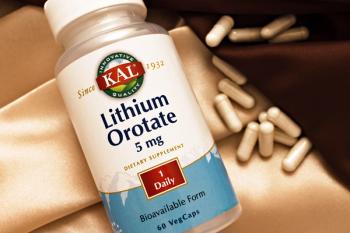
Harvard researchers reveal lithium deficiency as a potential early driver of Alzheimer disease, suggesting new treatment avenues for patients.

SWIFT-seq revolutionizes multiple myeloma diagnosis, offering a noninvasive blood test that enhances monitoring and risk assessment for patients.